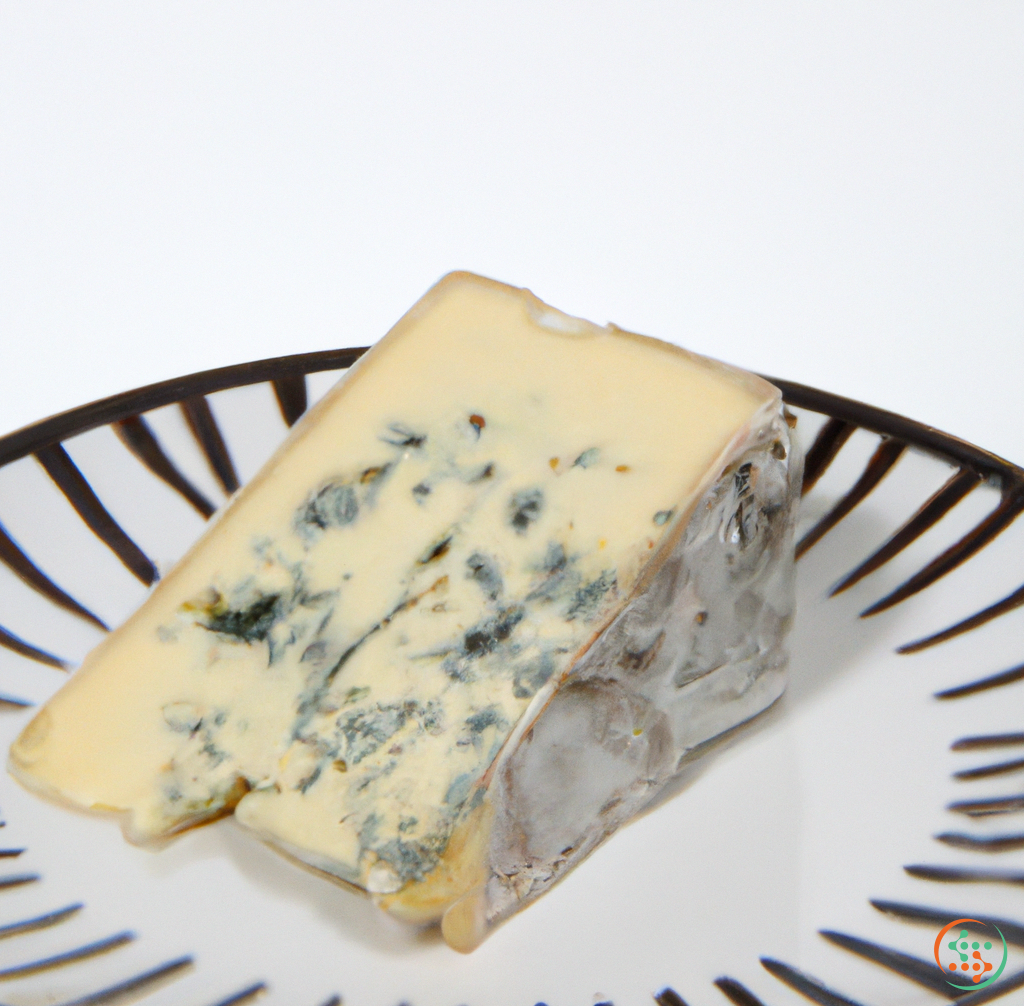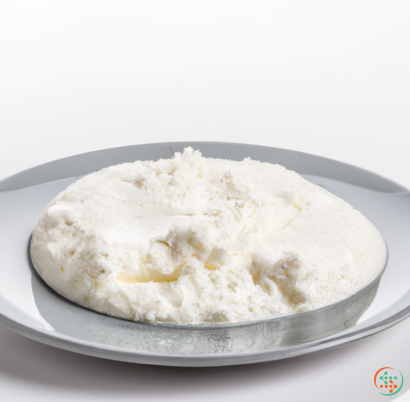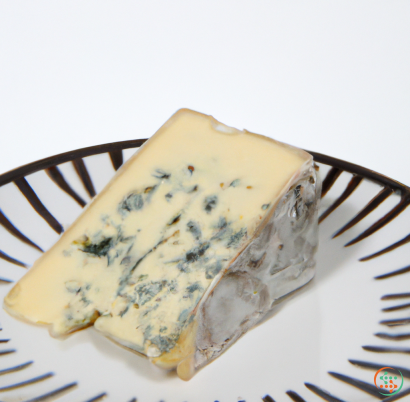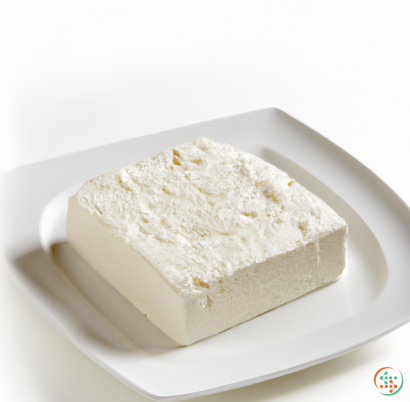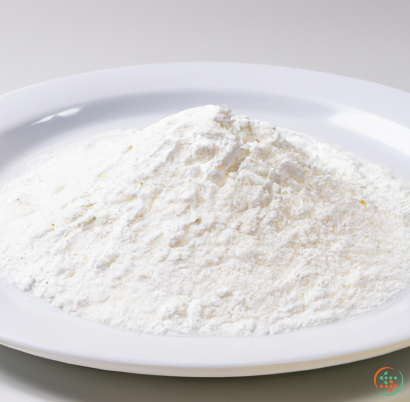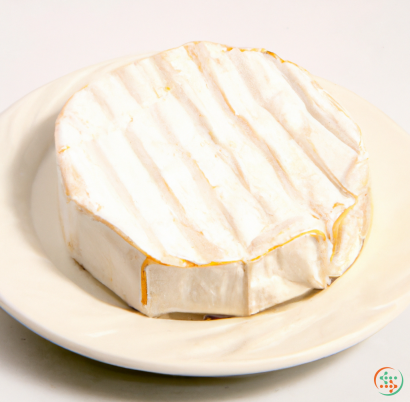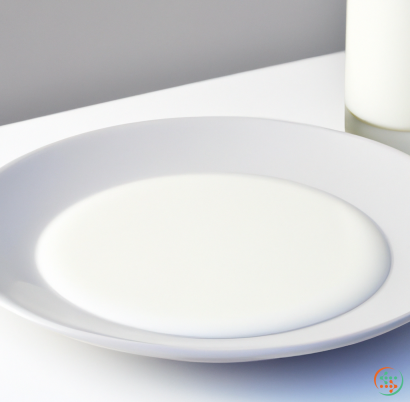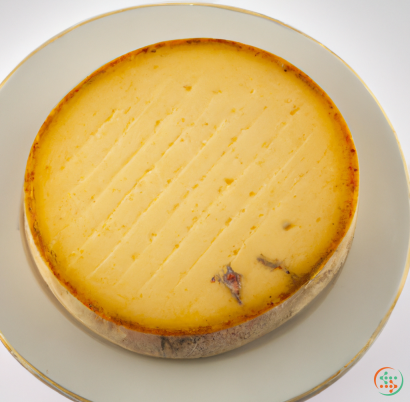Roquefort Cheese: Complete Amino Acid Profile
Roquefort Cheese: Considered a good source of amino acids?
Roquefort cheese does not contain an adequate amount of amino acids necessary for growth and development. While it does have some essential amino acids, the levels are too low to make Roquefort cheese a good source. Studies have found that certain types of aged cheeses, such as Parmigiano-Reggiano, can contain relatively high concentrations of beta-alanine and lysine, but this is not the case with Roquefort. For example, while Parmigiano-Reggiano can have up to 900 micrograms of lysine per 100 grams of cheese, Roquefort has only 51 micrograms of lysine per 100 grams. The same holds true for other important amino acids; while Parmigiano-Reggiano contains 1790 micrograms of leucine/100g, Roquefort contains only 98 micrograms/100 g. Thus, Roquefort cheese is not a reliable source of essential amino acids, so individuals should look to other sources (such as eggs, fish, beans, nuts, etc.) for regular dietary intake of these nutrients.
Roquefort Cheese ‐ Amino Acids List
Amino Acids in Roquefort Cheese
The amino acids found inside of Roquefort cheese serve a variety of purposes. These compounds are essential for providing flavor and aiding the development of proteins that help to build and sustain healthy cells. In particular, Roquefort cheese contains high levels of essential amino acids, notably valine, leucine, methionine, phenylalanine, isoleucine, tryptophan, threonine, lysine, and histidine. This paper will review these vital constituents and explain how they contribute to the characteristic taste and health benefits associated with Roquefort cheese.
Valine aids in muscle metabolism, growth, and repair. The human body already produces some amount of this necessary compound on its own; however, requirements can be fulfilled through dairy products like Roquefort cheese. Studies have suggested that dietary supplementation may result in improved athletic performance, enhanced mental clarity and higher levels of energy. Leucine functions similarly to Valine as an important component of cellular processes such as hemoglobin production and wound healing. Additionally, it helps boost energy and optimize metabolic function. Both Valine and Leucine are known as branched-chain-amino-acids (BCAA) and must be obtained from outside sources due to their absence within the human body. Roquefort cheese provides an ample supply of BCAA’s, making it an ideal source for those seeking to fuel lean muscle growth or heal injuries quicker.
Methionine controls cholesterol synthesis by helping regulate methylation pathways in our bodies, promoting better heart health in the process. It also serves as an antioxidant when combined with other amino acids, helping to reduce oxidative stress in the body while ridding the body of toxic waste products. Phenylalanine allows us to sense sweet and bitter flavors, helping bring out much of the complex tastes in foodstuffs, especially dairy products. Furthermore, low levels of the chemical have been linked to weight gain since it participates in numerous regulatory activities within mammalian systems. Consequently, eating enough of the compound might help someone avoid packing on unnecessary calories. Isoleucine has similar properties compared to its validation counterpart in the human diet. Deficits in it can lead to a lack of energy and fatigue, requiring one to consume more protein-rich food items including ones like Roquefort cheese.
Tryptophan interacts with serotonin creating a calming effect that lowers stress hormones in mammals stimulating slower signals in nerve cells leading to broader relaxation in response to tense situations. Foods high in Tryptophan usually pack an extra benefit of reducing cravings and suppressing urges that would otherwise induce overeating. Threonine assists in fat burning because it fuels the creation of fats used by fatty acid oxidation to convert potential energy into usable energy. As such, people often think of Threonine as an accelerator switch which helps burn fat off the body faster. Lysine works kind of like glue holding our cells together via connecting bonds between various subgroups of atoms. Without sufficient amounts of Lysine present, structural integrity weakens resulting in large scale organ failure or minor disruptions in normal cell communication/functioning. Histidine plays part roles in many physical processes performing duties like supporting tissue regeneration, fighting bacterial infections, working with myelin sheaths around neurons, improving circulation, stabilizing the breathing process and others.
In conclusion, Roquefort cheese contains several highly beneficial amino acids that aid in digestion, reduce inflammation, increase energy, facilitate neurotransmitter activity, support muscular development, promote proper functioning of organs, enhance brain power, and keep our immune system strong. This makes it an ideal supplement to a balanced nutritional diet and should be considered if looking to improve overall wellbeing.
| Tryptophan | 0.303 grams | |
| Threonine | 0.965 grams | |
| Isoleucine | 1.217 grams | |
| Leucine | 2.114 grams | |
| Lysine | 1.848 grams | |
| Methionine | 0.558 grams | |
| Cystine | 0.126 grams | |
| Phenylalanine | 1.023 grams | |
| Tyrosine | 1.012 grams | |
| Valine | 1.614 grams | |
| Arginine | 0.713 grams | |
| Histidine | 0.602 grams | |
| Alanine | 0.969 grams | |
| Aspartic Acid | 1.181 grams | |
| Glutamic Acid | 3.67 grams | |
| Glycine | 0.148 grams | |
| Proline | 2.089 grams | |
| Serine | 1.772 grams |
